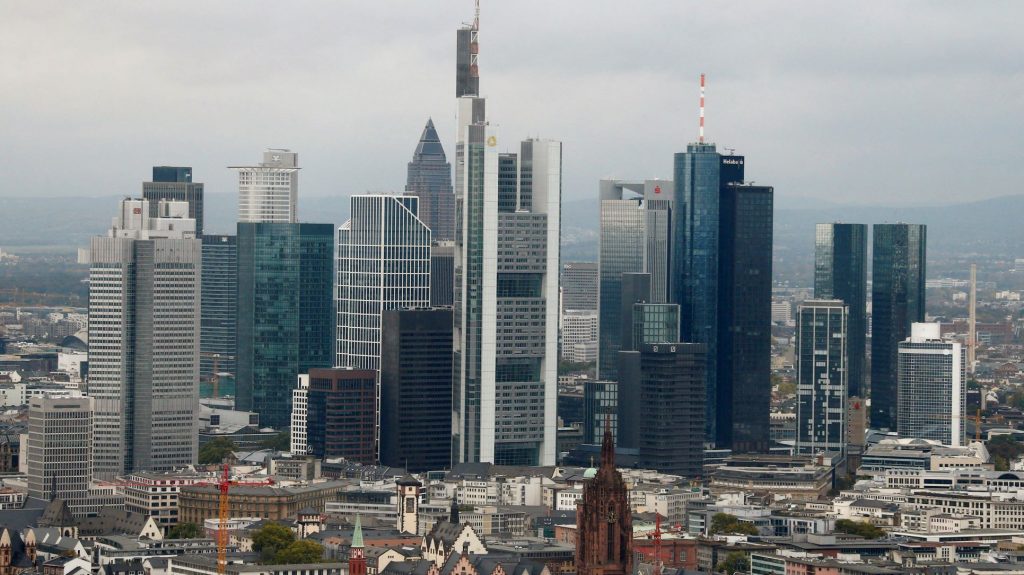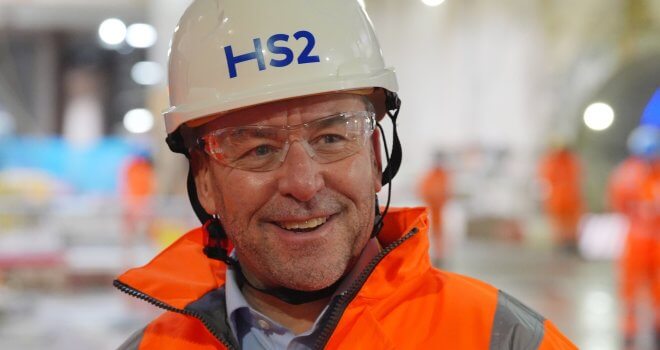Top EU Banks To Publish ‘Pioneering’ Climate Data

Large banks in the European Union will have to show how they help or hinder the bloc from meeting climate goals by publishing “pioneering” indicators from 2024, the EU’s banking watchdog said on Monday.
The European Banking Authority (EBA) set out environmental, social and governance (ESG) templates for the top 150 banks such as Deutsche Bank, SocGen and UniCredit to complete each year.
This will allow investors to compare each bank’s exposure to polluting and environmentally-friendly companies, and monitor how fast lenders shift to more sustainable business models.
“We are pioneers here with templates and key performance indicators to ensure that when banks disclose something, they do it in a consistent way,” said Pilar Gutierrez, head of a disclosures unit at the EBA.
Final approval will be needed from the EU’s executive, the European Commission.
The EBA said the templates will cover core banking books which include loans. It scrapped an initial plan to include trading book assets like stocks and bonds after industry concerns over their short-term nature.
From 2023, banks will have to disclose their exposure to carbon intensive activities and assets that may experience risks like floods and fires as a result of climate change.
They will also have to provide details on their exposure to fossil fuel clients, on the greenhouse gas emissions they finance, and on alignment with 2050 net zero goals.
TWO RATIOS
The requirements break new ground globally by forcing banks to publish two new ratios from 2024.
A green asset ratio (GAR) shows a bank’s ‘green’ assets as a proportion of total assets, with green being defined by inclusion in the EU’s ‘taxonomy’ or checklist.
A banking book taxonomy alignment ratio (BTAR) measures how a bank’s activities contribute to EU climate goals, showing the extent to which they are financing environmentally sustainable activities.
Banks will have publish targets for GAR, BTAR and reductions in greenhouse gas emissions for 2030.
The two ratios will create peer pressure to adopt more sustainable business strategies and help stamp out potential ‘greenwashing’, or the exaggerating of environmentally-friendly activities.
(Reporting by Huw Jones; Editing by Kirsten Donovan)




